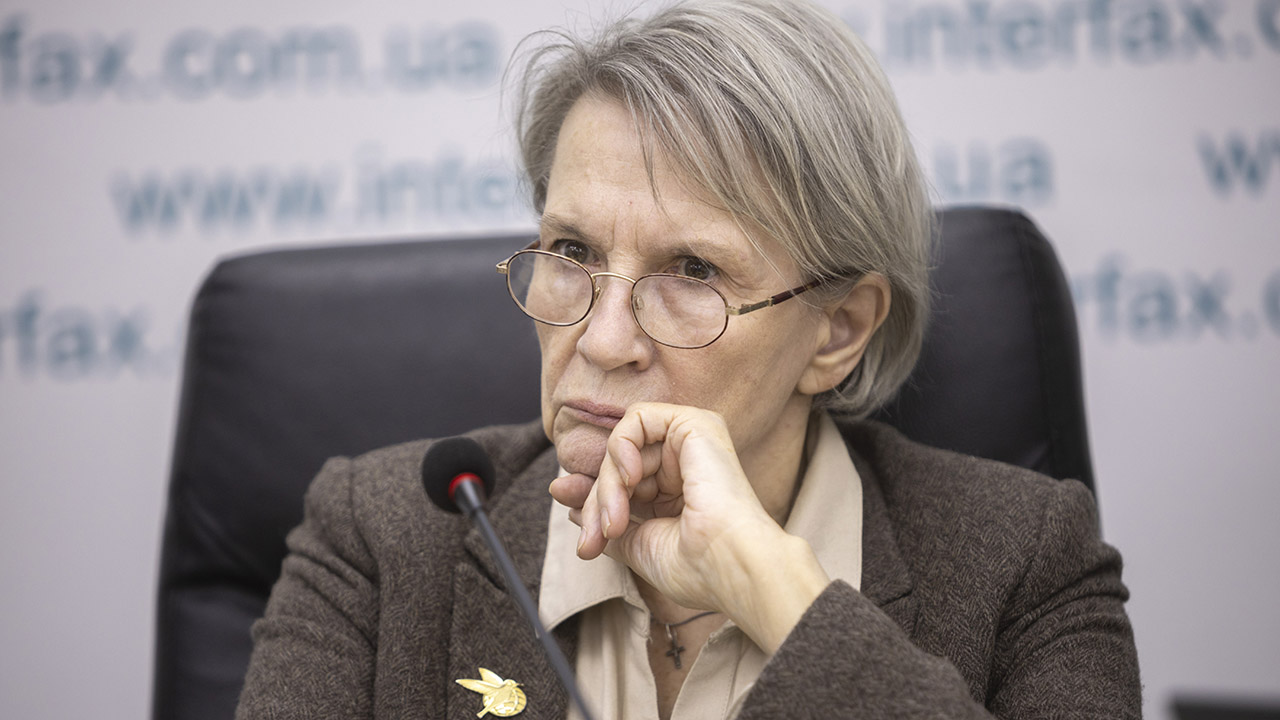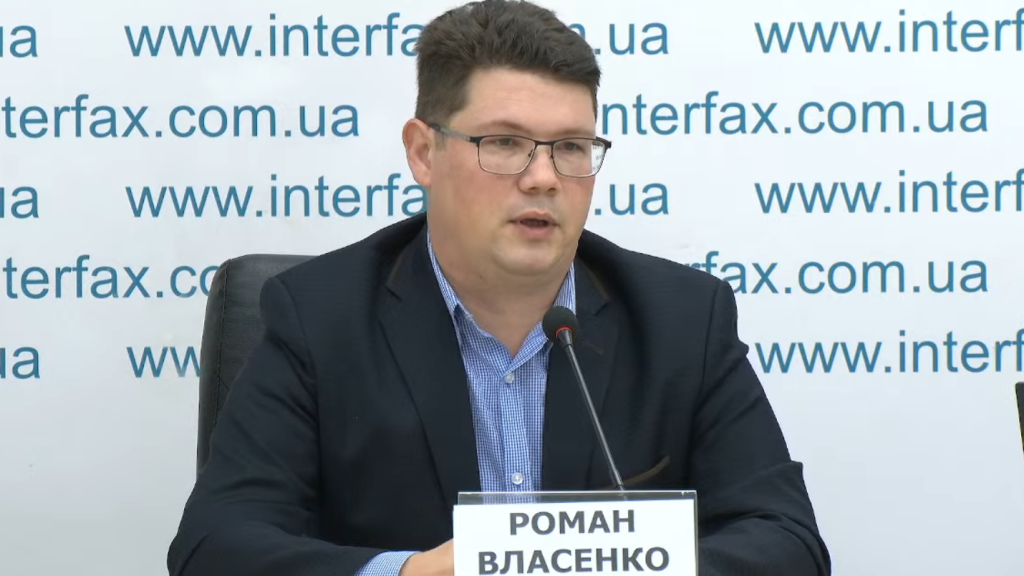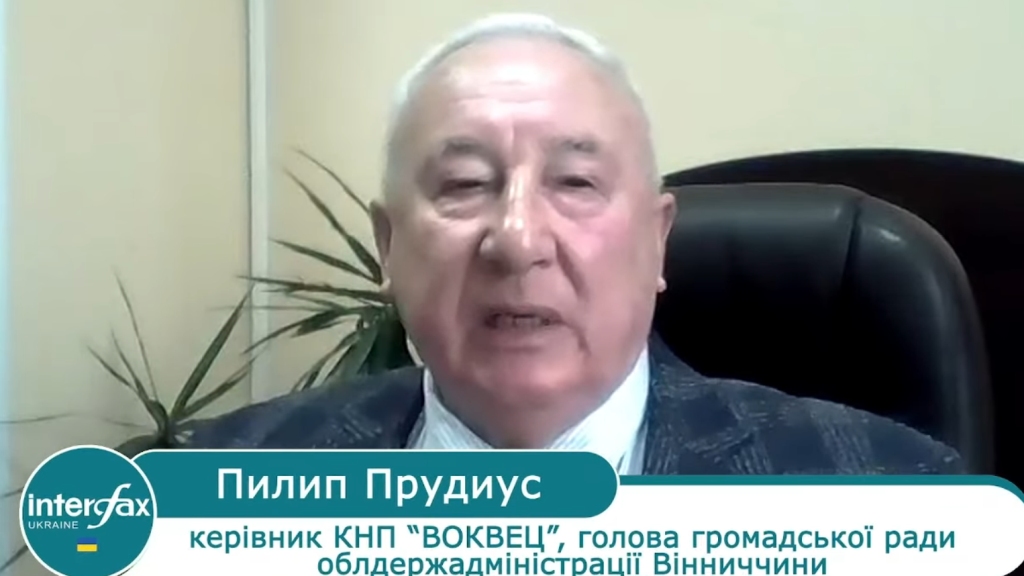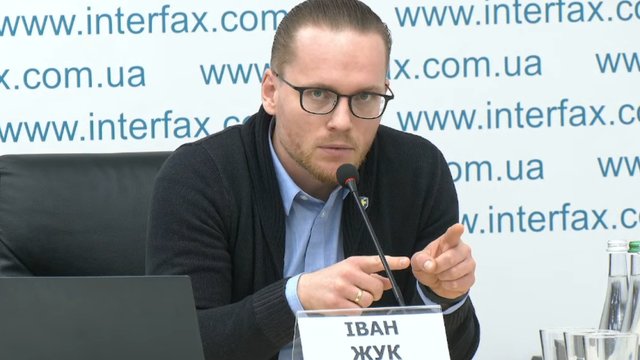War could drive 25% rise in diabetes rates in Ukraine – experts

The war could lead to a 25% increase in diabetes incidence in Ukraine, experts and patients said at a press conference at Interfax-Ukraine on Friday. They warned that a so-called "survival strategy," in which patients economize on their own care amid medicine shortages, could fuel the rise.
"Because of the war, the number of people with diabetes in Ukraine could increase by a quarter. It seems it is time to pay more attention to diabetes and to strengthen the healthcare delivery system. Many countries have national diabetes programs; we will insist that the same happen in Ukraine," said Valentyna Ocheretenko, chair of the Council of the Ukrainian Diabetic Federation.
She reminded attendees that in 2021 the Accounting Chamber found that "almost UAH 1.7 billion from the medical substance in diabetes treatment programs did not solve the key problems of diabetes in Ukraine."
"The chamber carried out a detailed analysis of these investments and found that the investments were not effective," Ocheretenko said.

She added that the Ukrainian Diabetic Federation (UDF), with support from the public organization Association of Pharmaceutical Research and Development, is currently implementing a project titled "Analysis of the Conformity of Ukrainian Legislation and EU Law on Diabetes." A project progress report is scheduled for December.
Volunteer Roman Vlasenko of the Kyiv charitable foundation Diabetik said that much of diabetes treatment "depends on the patient, but unfortunately not everything."
"Among the problems typical for people with diabetes during the war, I would name the catastrophic shortage of medicines we all faced in 2022. The issue was not only that they were unavailable in warehouses, but that life-saving insulin could not be delivered to the final points of consumption – pharmacies – for various reasons. Fortunately, that issue has been resolved now, but security risks remain," he said.
Vlasenko noted risks of damage to both production facilities and storage sites.

"Recently we learned that one of the facilities storing medical supplies was hit [a warehouse of the pharmaceutical distributor Optima-Farm]. The risks do not disappear. As a patient I can try to keep a certain reserve of life-necessary medicines, but it runs out. I believe a solution must be found, possibly at the national or regional level," he said.
He also stressed that "patients find it quite difficult to keep diabetes under control during the war. There is a lot of stress and psychological pressure."
"Self-management approaches that worked before have proven not entirely effective in these circumstances. We know, and it has long been proven, that there is a direct link between adequate diabetes self-management and the risk of developing various complications. Those risks are increasing now. I must mention new technologies such as insulin pumps or real-time glucose monitors, which unfortunately are not available to everyone because of cost or the absence of official representatives or state programs to supply these self-management tools," he said.
Vlasenko also pointed out "limitations in access to physicians."
"There are fewer doctors. Some have left the country, some were mobilized, some have retired; that happens too. Telemedicine is often unavailable because of security challenges and the lack of power and internet," he said.
"A patient should be proactive in dealing with diabetes issues, but not all problems can be solved alone. Here we need state assistance," Vlasenko said.
UDF board member Philip Prudius specifically noted the importance of help for diabetic foot care.

"This is not about amputations when it is already too late; it is about prevention. Previously, diabetic-foot clinics were spread across the country. Now their numbers have decreased," he said.
Ivan Zhuk, head of the Reimbursement Contracts Unit at the National Health Service of Ukraine (NHSU), said that "since 2022, with the start of the full-scale war, the government's first step was to ensure completely free insulin."

At the same time, he stressed the issue of medical devices.
"I understand questions about why expanded access to self-monitoring supplies – test strips – was provided only for type-1 diabetes. It should be understood that the Affordable Medicines program has a limited budget. Obviously, the state, the NHSU, and the Ministry of Health are interested in expanding access so that people with type-2 diabetes can also receive test strips, but more funding is needed, and that is one of the main barriers," he said.









